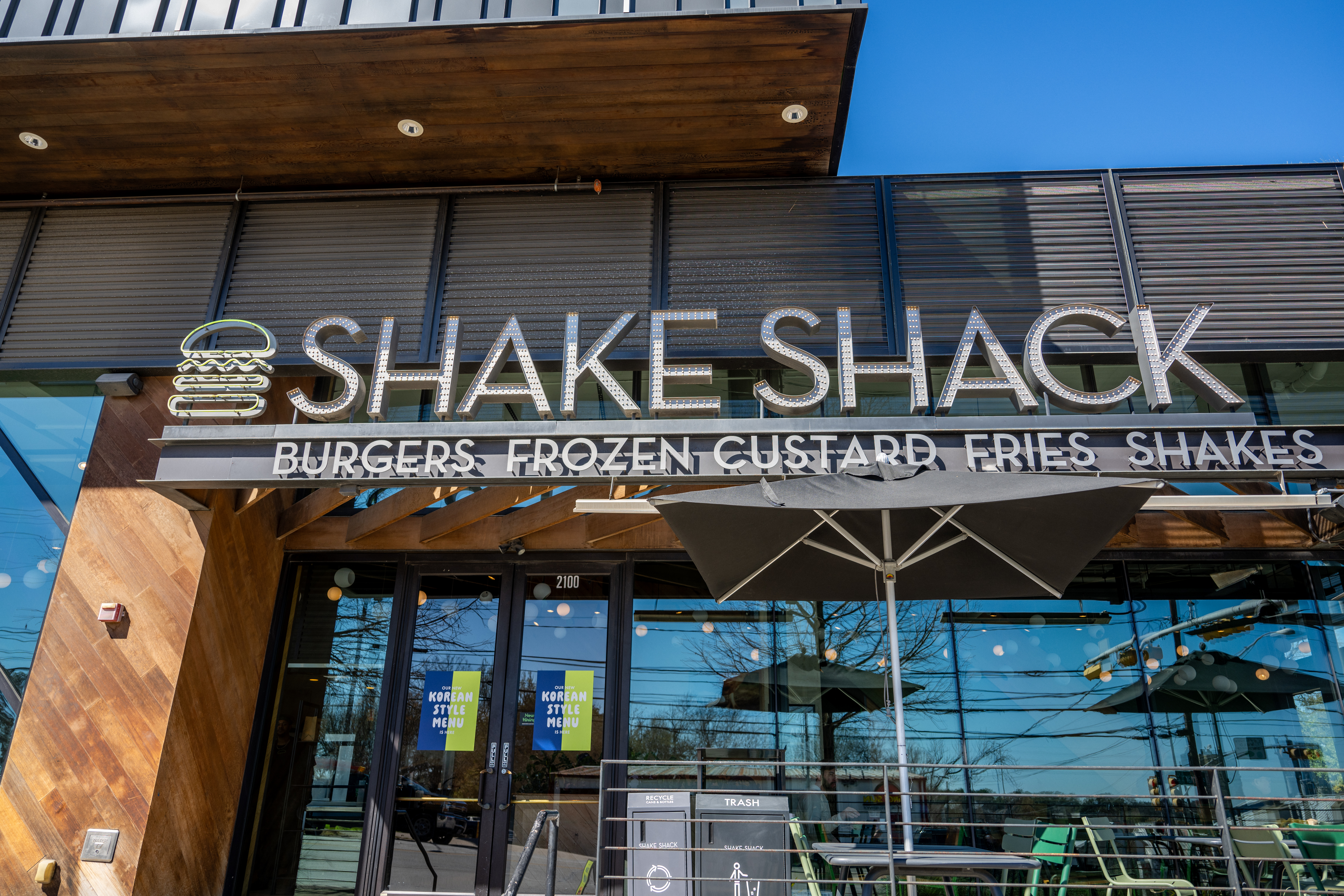Connecticut farmers are seeing the effects of climate change and considering ways to adapt to a warmer climate.
A second-generation farmer, Irv Silverman has been around long enough to see climate change impacts first hand, and he is concerned about the future at his farm and for his grandchildren, whether they farm or not.
As far as his crops - mainly apples and peaches - climate change is creating problems by producing too much rain, like this past April.

"Well, the springs have been getting warmer and wetter – there’s the problem,” he said. “Peaches are pollinated by bees like everything else. When it stays wet, bees don’t work they don't pollinate.”
Without that window for pollination, and when there is a very wet spring, there is no production, Silverman explained.
The shorter, cold season and warmer and sometimes wet springs have allowed pests to flourish.
Local
Climate Change in Hartford: Temperature Vitals
Here is a look at current temperatures and the historic trend that shows a nearly 2-degree rise since 1950.
Data: weather.com, Climate Central
“You get a lot more mosquito problems because we have a lot of rain, and it’s warm. You have standing water. Standing water causes mosquitoes gnats, other things to multiply terribly, and ticks, which is another thing everybody has a problem with.”
The colder winters in the past have killed ticks, but with warmer winters they’re seeing a bigger tick problem,” Silverman said.
Right now, Silverman Farms has a great "pick your own", family fun farm, where the peaches and apples are the primary crops. But in a warming world, Silverman is concerned about what this farm will be able to produce in 50 years.
"From the south, coming up, it’s not really a joke, but I could see, you know, palm trees and oranges here. I may not be here for it, but with climate change these are the things that happen,” Silverman said.

As coldest recorded temperatures rise each year, the ability to grow different things becomes a real possibility.
To date, climate change has not impacted the farm's yield, but it has created new challenges.
But what if there was a way to take the growing season out of the equation and grow produce 12 months of the year?
Maple Lane Farms II in Cheshire is doing with that with hydroponics.
The main ingredients for farming are plenty of bright sun, nice, seasonable temperatures, and dark, fertile soil, but Maple Lane has no soil.
Brant Smith of Maple Lane Farms II is effectively controlling the environment, and attempting to be climate change proof. Hydroponics grows produce in super clean, mineral packed water. In these immense greenhouses, Maple Lane can grow bib lettuce, among other things, every single day of the year.
"Hydroponics is basically growing in water. We have the nutrients added to the water and providing for the plants everything that they need,” Smith explained.
There are main advantages of this futuristic farming.
"It's a controlled environment so that there are no pests, because we’re inside. And so we don’t use pesticides or fungicides. We are able to provide exactly the nutrients that the plants need so that each and every harvest is perfect. The plants as a third thing would be, I would say almost coddled, to the point that you’re getting something with the best taste," Smith said.
By using shades and LED lighting, fans to circulate air, and the ability to precisely control the water temperatures, hydroponics can deal with a hotter and wetter world, taking climate change head on.
In a warming world, the biggest challenge and cost for hydroponics is keeping the greenhouses cool with massive air conditioners at the same time keeping water temperatures at the optimal growing level. It is a cost that Maple Lane accepts as part of the process, as they try to climate-proof their farm and also look to diversify what they can produce in the future.



